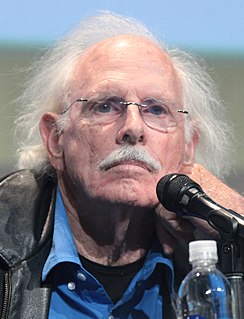A Quote by Yoweri Museveni
Refugee problems can only be solved in the region (of origin) - maybe with a little help from the UN. Governments must provide something for their countries. They need to deliver.
Related Quotes
We consider ISIS and extremism to be a threat to all of us in the region. . . . Our position is that we help the legitimate governments in the region that have representation in the United Nations. We help the Iraqi government on their request through advisers; we help the Syrian government on their request to help with advisers to fight extremists. . . . So it's both lawful and legitimate.
In human rights theory it is very important that governments still have the primary responsibility for the standards and provision of such services even if they no longer deliver them. They must insist that the private sector delivers without discrimination. So governments still have responsibility, including the need to influence business.
When we generate utopian visions and hope to make them happen soon – when we elect Barack Obama and expect all our problems to be solved, and solved quickly, by his presidency – the outcome is both predictable and tragic. That is not the way to engage social change in a democracy. And it is not the way to help democracy itself survive and thrive. Democracy is a non-stop experiment. Each generation must help sustain it, which means being in it day-by-day for the long haul.
Poor countries are being forced to deal with an unprecedented health crisis without the means to tackle it . Governments can only show how seriously they are taking this crisis by taking immediate action to provide four million extra health workers and to grant those in need access to affordable medicines.










































